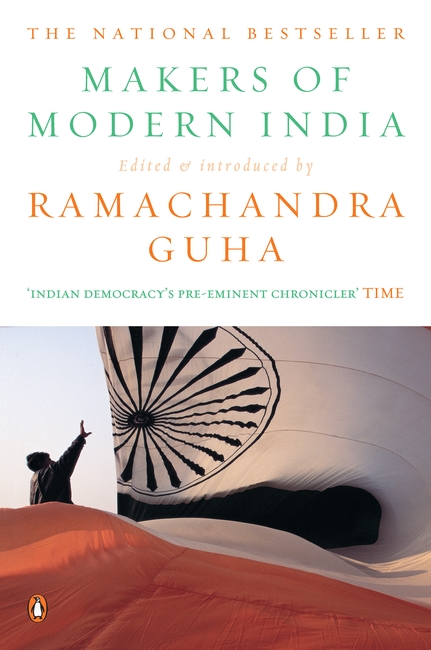
Ramachandra Guha, author of the internationally acclaimed India After Gandhi, profiles nineteen Indians whose ideas had a defining impact on the formation and evolution of our republic and presents rare and compelling excerpts from their writings and speeches. These men and women were not only influential political activists-they also wrote with eloquence, authority and deliberation as they reflected on what Guha describes in his illuminating prologue as ‘the most contentious times in the most interesting country in the world’. Their writings take us from the subcontinent’s first engagement with modernity in the nineteenth century, through the successive phases of the freedom movement, on through the decades after Independence. This book highlights little-known aspects of major figures in Indian history like Tagore and Nehru; it also rehabilitates thinkers who have been unjustly forgotten, such as Tarabai Shinde and Hamid Dalwai. These makers of modern India did not speak in one voice: their perspectives are sometimes complementary, at other times contradictory. The topics they explore and analyse include religion, caste, gender, language, nationalism, colonialism, democracy, secularism and the economy-that is to say, all that is significant in the human condition. These issues have a resonance in our own times, not just in India but everywhere in the world as well.
Imprint: India Penguin
Published: Oct/2010
ISBN: 9780143419242
Length : 568 Pages
MRP : ₹599.00
An Indian historian whose research interests include the vast realms of social, political, contemporary, environmental and cricket history, Ramachandra Guha is one of the most important writers of the history of modern India. Since you’re here, you are either a reader of his texts, an admirer of his work or know him for his political […]
